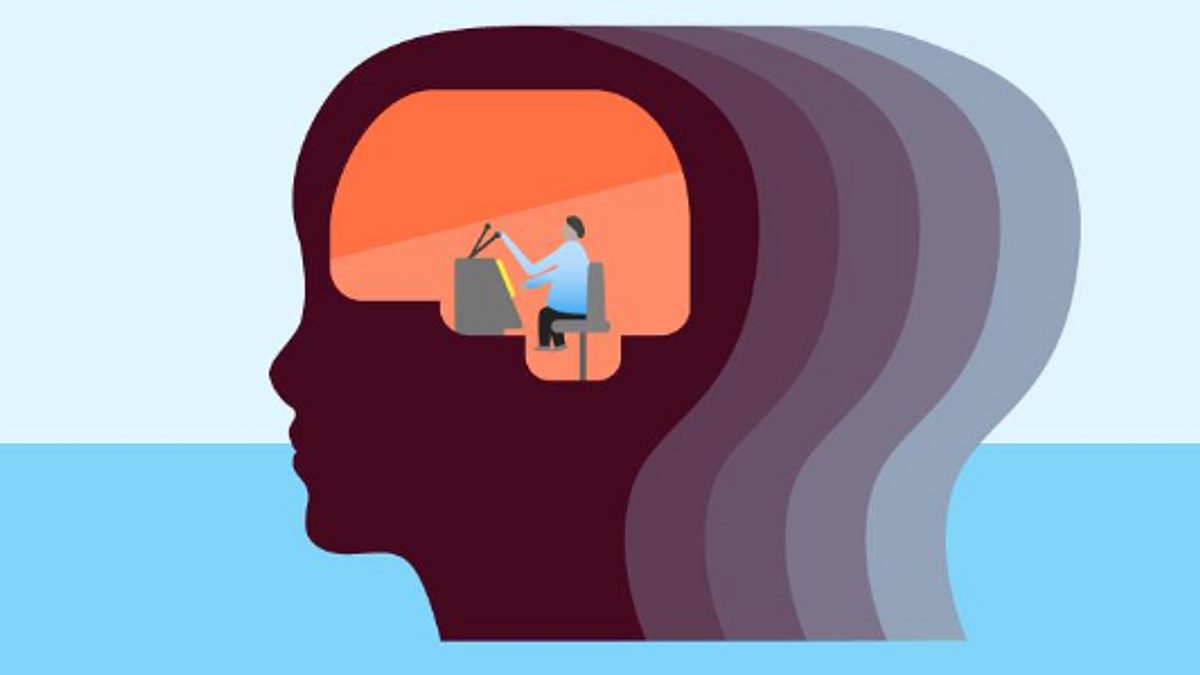

Research School Network: Self-regulation and metacognition in the early years: an introduction In this webinar, our Evidence Leads in Education Fliss James and Melissa Prendergast provide an overview of this important topic
—
Blog
Self-regulation and metacognition in the early years: an introduction
In this webinar, our Evidence Leads in Education Fliss James and Melissa Prendergast provide an overview of this important topic
Share on:

by East London Research School
on the
In this webinar, Fliss James and Melissa Prendergast consider research evidence that highlights the best ways to support children’s self-regulation and metacognition in the Early Years.
Evidence suggests that the development of self-regulation and executive function is consistently linked with successful learning, including pre-reading skills, early mathematics and problem solving (Self-regulation strategies – Early Years Toolkit EEF, 2022).
But what do the terms self-regulation, executive function and metacognition mean in an early years context?
PEDAL (Play in Education Development and Learning, 2022) define self-regulation as ‘the ability to self-monitor and exercise control over one’s behaviour, thoughts and emotions and change them according to the demands of a situation. The cognitive elements of self-regulation are a range of skills known as executive function, while metacognition is considered to be responsible for the behavioural output of self-regulation’. Language development is central to self-regulation as children use it to guide their actions and plans.
In this introductory webinar, Fliss and Melissa unpick these terms in detail and discuss how they develop in young children. They also discuss effective pedagogical strategies for self-regulation and metacognition.
According to the Early Years Toolkit, strategies that aim to improve learning by increasing self-regulation have an average impact on progress of five additional months. Evidence also suggests that improving the self-regulation skills of children in the early years is likely to have a lasting positive impact on later learning, and also have a positive impact on wider outcomes such as behaviour and persistence.
We still have lots to learn about how to best support children’s self-regulation, however, we do know that it is critically important for children’s early learning. It is also vital for their lifelong mental health and well-being.
Self-regulation depends on both nature and nurture. As the brain and nervous system develop, children need positive experiences of care, communication and play.
More from the East London Research School
Show all news

Blog -
Interactive reading: the power of sharing books

Blog -